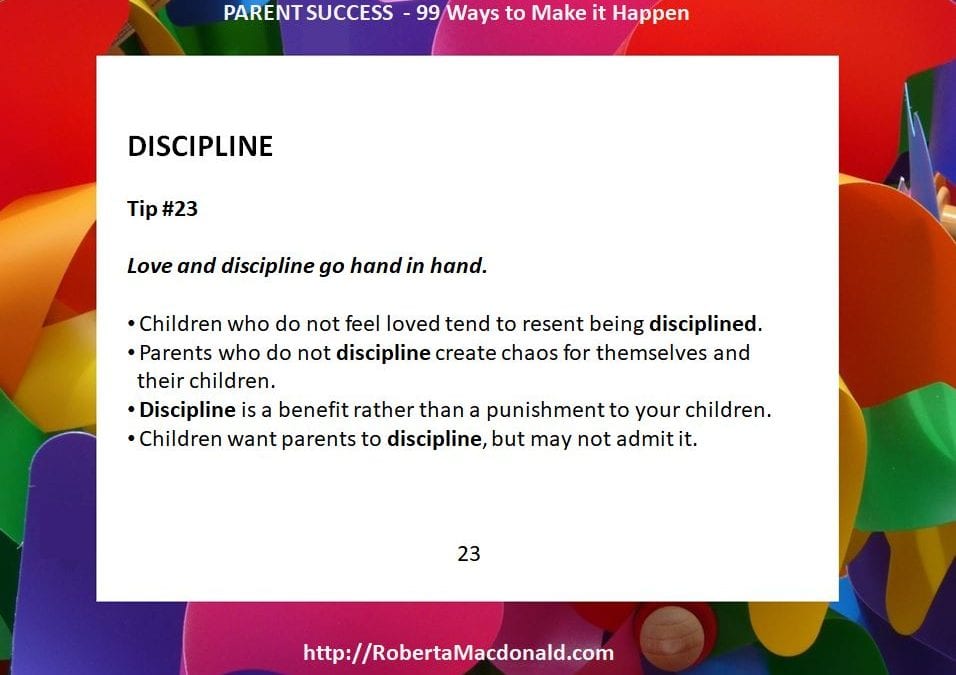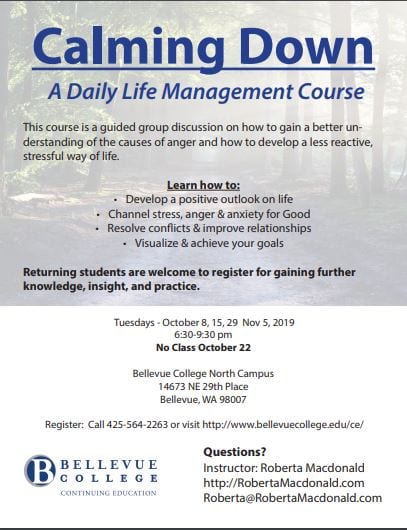Stuck Inside with my Heart Outside – some thoughts. Please share yours.
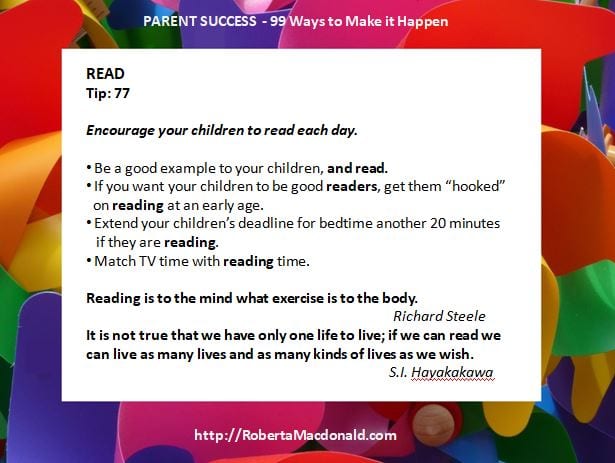
Use Your Words
Use Your Words
Parents: Encourage your young children to “Use your words”!
A very young child who can’t talk babbles. The child is trying to talk. It is my firm belief we need to talk back with real, understandable words. We may not know how much they comprehend yet we need to talk as if they understand what we are saying.
Your little ones are probably frustrated that he or she cannot be understood. When you talk back with them, they learn quickly.
A wise parent will encourage the babbling and talk back with real words so that the child will hear them and sooner or later use them.
Have you seen the entertaining videos where children are engaging in a conversation by babbling with intonations and even hand gestures? They are adorable, entertaining and provide an endearing response from others.
I would like to take this deeper and give you the reasons why I encourage you to take it a step farther and begin using real words when they are “talking” to you.
5 Reasons why words are so important:
- Your children need to be heard and understood at an early age;
- They need to learn how to dialogue, to question and to be given options so they can learn how to make good decisions;
- Your children will soon start talking and learning words. They will go to preschool, kindergarten, elementary school, junior and high school and advanced learning. They will expand their vocabularies. And then what? How important will words and learning be later? Will they engage in meaningful conversations? Will they have critical minds? Will they read books and comprehend them?
- Children need to know that words, spelling, grammar, complete sentences and critical thinking are very important to advancing our language and our culture. If we don’t respect our language and its history we will lose it.
- We want our children to be intelligent. We want them to never stop Our language is not meant to be minimized, tainted, or altered by shortcuts and one word answers. Our language needs to be expanded!
Parents: Challenge your children:
- Learn a new word every day; Dialogue with them every day;
- Read every day. Teach your children why we need to learn;
- Help your children to use not lose their words. Help Save Our Words!
- Talk with your baby!
Below are three videos I want to share with you!
Two are humorous, one is quite informative.
Please share others that you find with me in the Facebook Parent Success Group!
A Ted Talk with Dr. Fitzpatrick
Dr. Brenda Fitzgerald is leveraging the simple practice of talking to babies and toddlers to nourish their brains and set them up for better performance in school and life.
Roberta
I will be hosting an on-line parenting course in the near future. To make sure you don’t miss it – Sign up to receive my email updates. Contact Me
As always, email me with any questions. Roberta@RobertaMacdonald.com

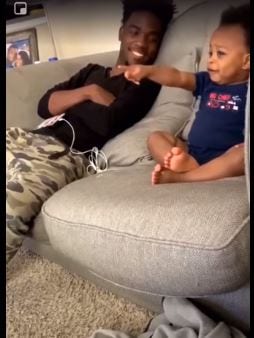
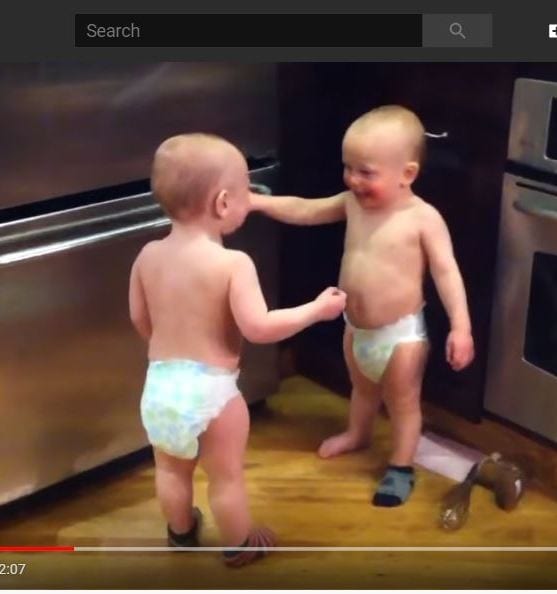

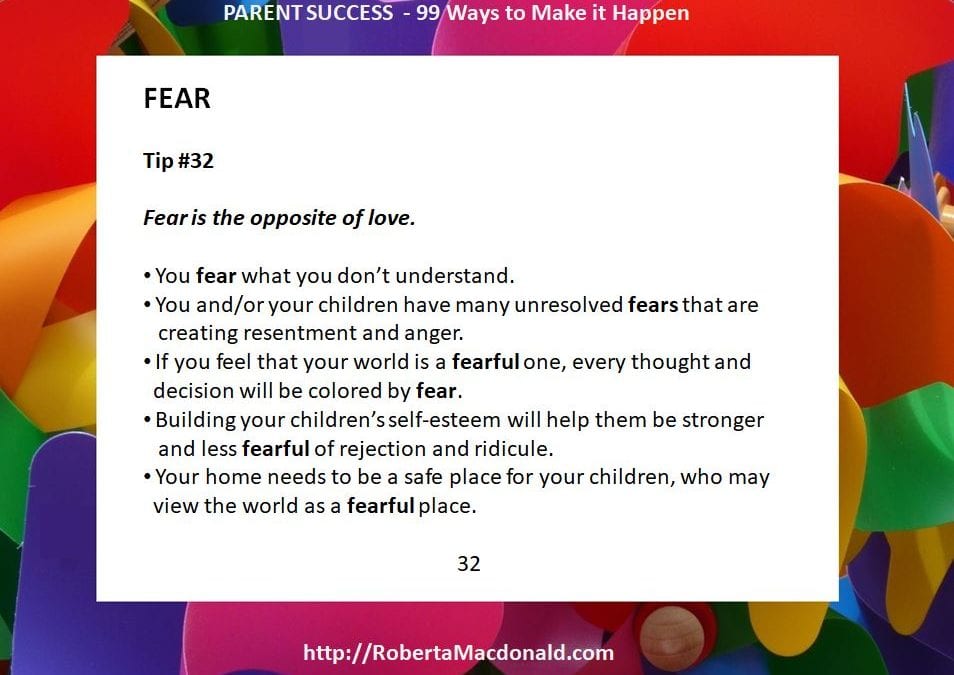
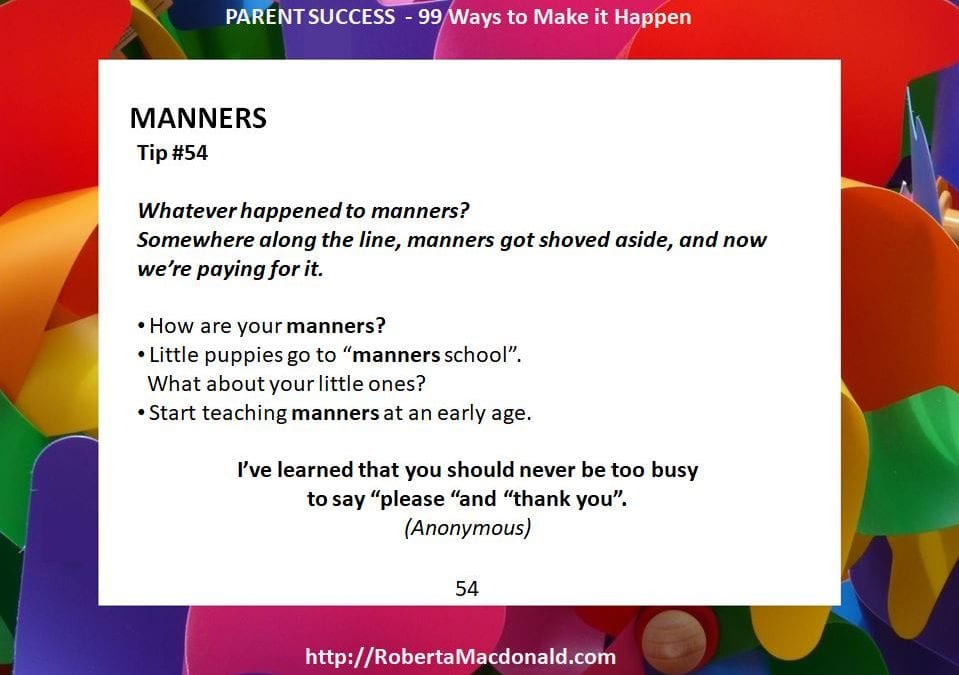
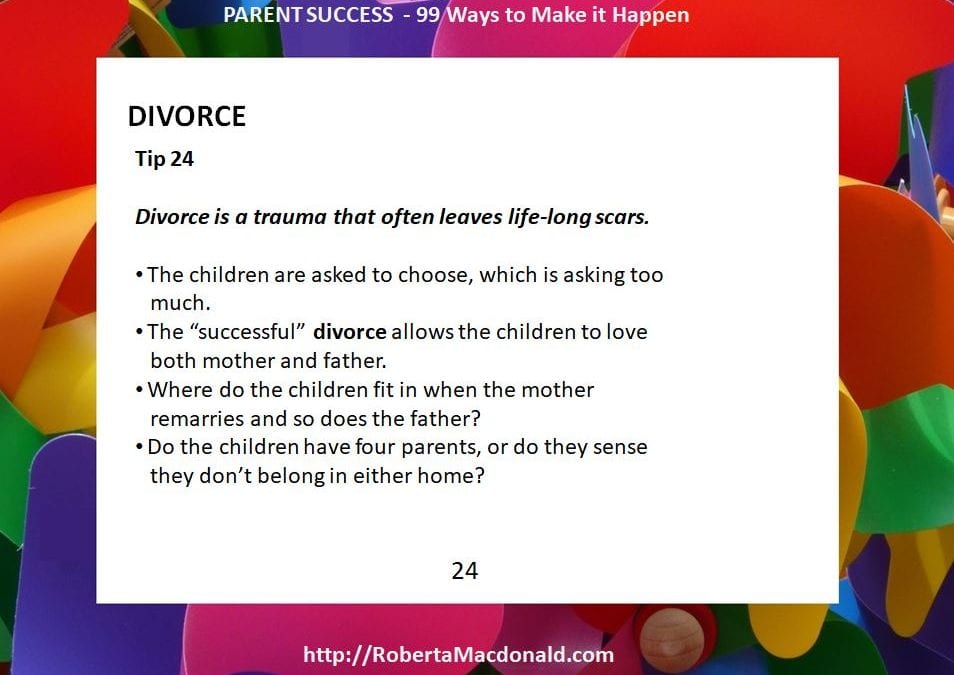
 My Book: Parent Success: 99 Ways to Make It Happen, was written and used in many parent classes in the greater Seattle area for over 30 years. Roberta wrote the Parent Success book so that parents who are burdened with many parenting challenges and unexpected stressors will have a simple daily guide.
My Book: Parent Success: 99 Ways to Make It Happen, was written and used in many parent classes in the greater Seattle area for over 30 years. Roberta wrote the Parent Success book so that parents who are burdened with many parenting challenges and unexpected stressors will have a simple daily guide.



